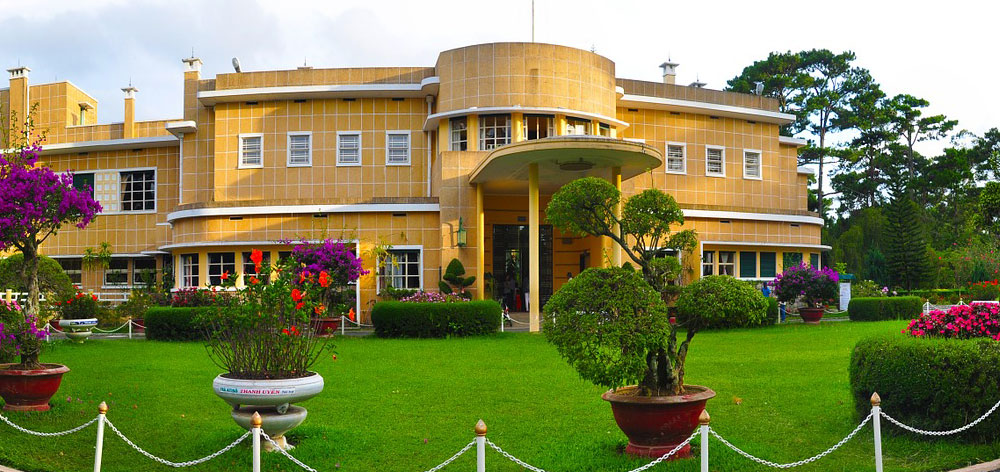

Bao Dai Summer Palace, located in the charming city of Dalat in Vietnam, stands as a remarkable piece of the country's historical tapestry. Dalat itself has long been a popular retreat for tourists, with its cool climate and serene landscape. However, the establishment of the Summer Palace marked a pivotal moment in its touristic allure, especially due to its association with the last emperor of Vietnam, Bao Dai.
The palace was constructed from 1933 to 1938 during French colonial rule. Built as a summer home for Bao Dai, the final emperor of the Nguyen Dynasty, it served as a luxurious retreat where he and his family could escape the heat and political pressures of Hue, the imperial capital. The palace is recognized for its unique blend of French colonial and Vietnamese architectural elements.
Post the fall of the monarchy and the subsequent shifts in Vietnam's political landscape, the Bao Dai Summer Palace evolved into a museum. It opened its doors to the public, allowing visitors from around the world to step back in time and experience the lifestyle of the royal family. Its storied past and architectural beauty have since drawn countless tourists.
In recent years, the palace has become a cultural highlight for those visiting Dalat. Tourists often partake in guided tours which give insight into the history of the Vietnamese monarchy, Bao Dai's life, and the broader context of the region's colonial heritage. Visitors can explore the well-preserved rooms, each adorned with historical artifacts, photographs, and furniture from the royal era.
As tourism evolves, experiences that offer a deep dive into local history are increasingly popular. The Bao Dai Summer Palace caters to this trend, providing an educational and cultural journey for its visitors. Travellers are not just looking for scenic spots but destinations that offer an authentic glimpse into the past, and the palace fits this niche perfectly.
The Vietnamese government has taken active steps to preserve historic sites like the Bao Dai Summer Palace, acknowledging their importance for cultural tourism. Efforts are made to maintain its original charm while ensuring that the visitor experience is educational and engaging.
Predictions for future tourism at the palace and in Dalat are optimistic. With an increasing interest in heritage tourism, the destination is set to remain a must-visit location for those seeking to understand Vietnam's royal history and French colonial influence.
For tourists planning a visit, the palace is open year-round, with guides available to explain its history and significance. Surrounding the palace are tranquil gardens, making the visit both an enlightening and peaceful experience. As Dalat's popularity continues to grow, the Bao Dai Summer Palace stands as a testament to Vietnam's rich cultural tapestry and remains a cornerstone of the city's tourism industry.